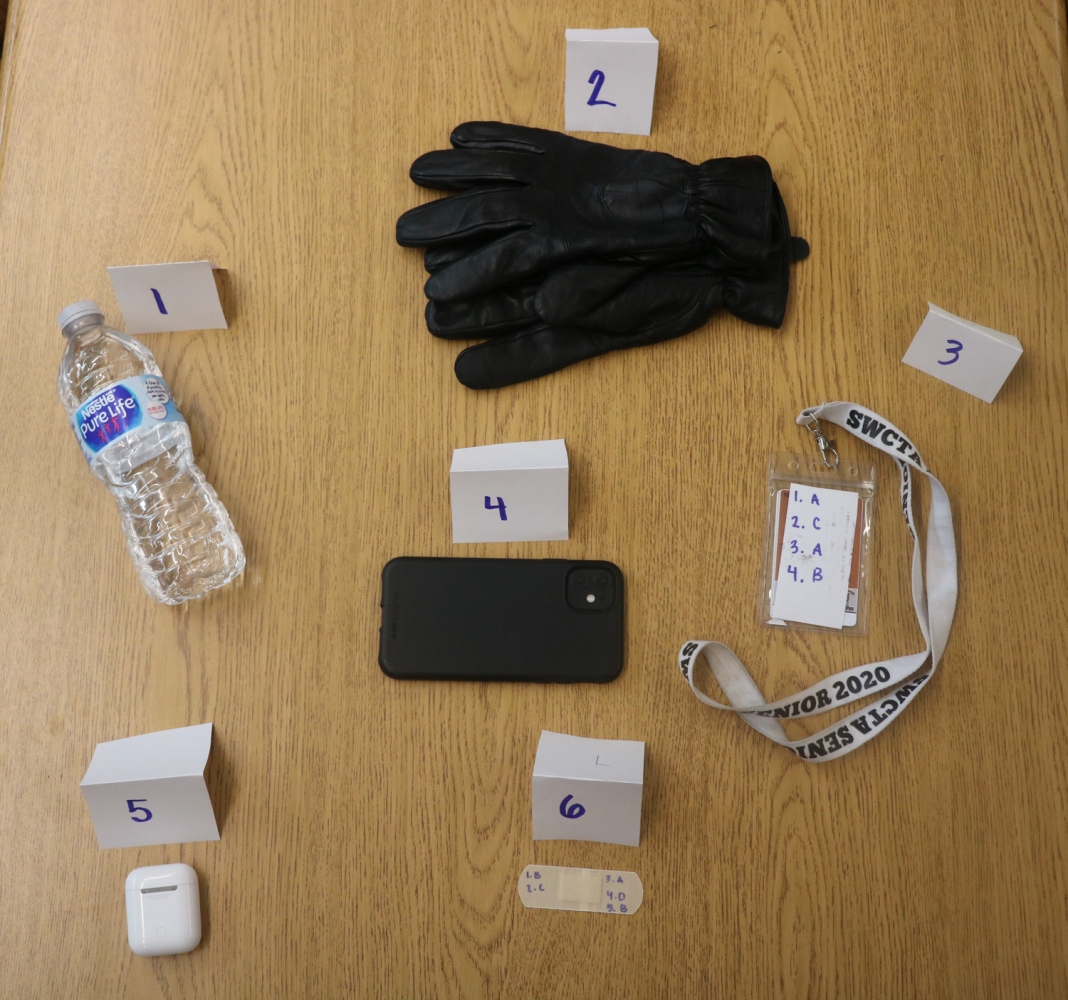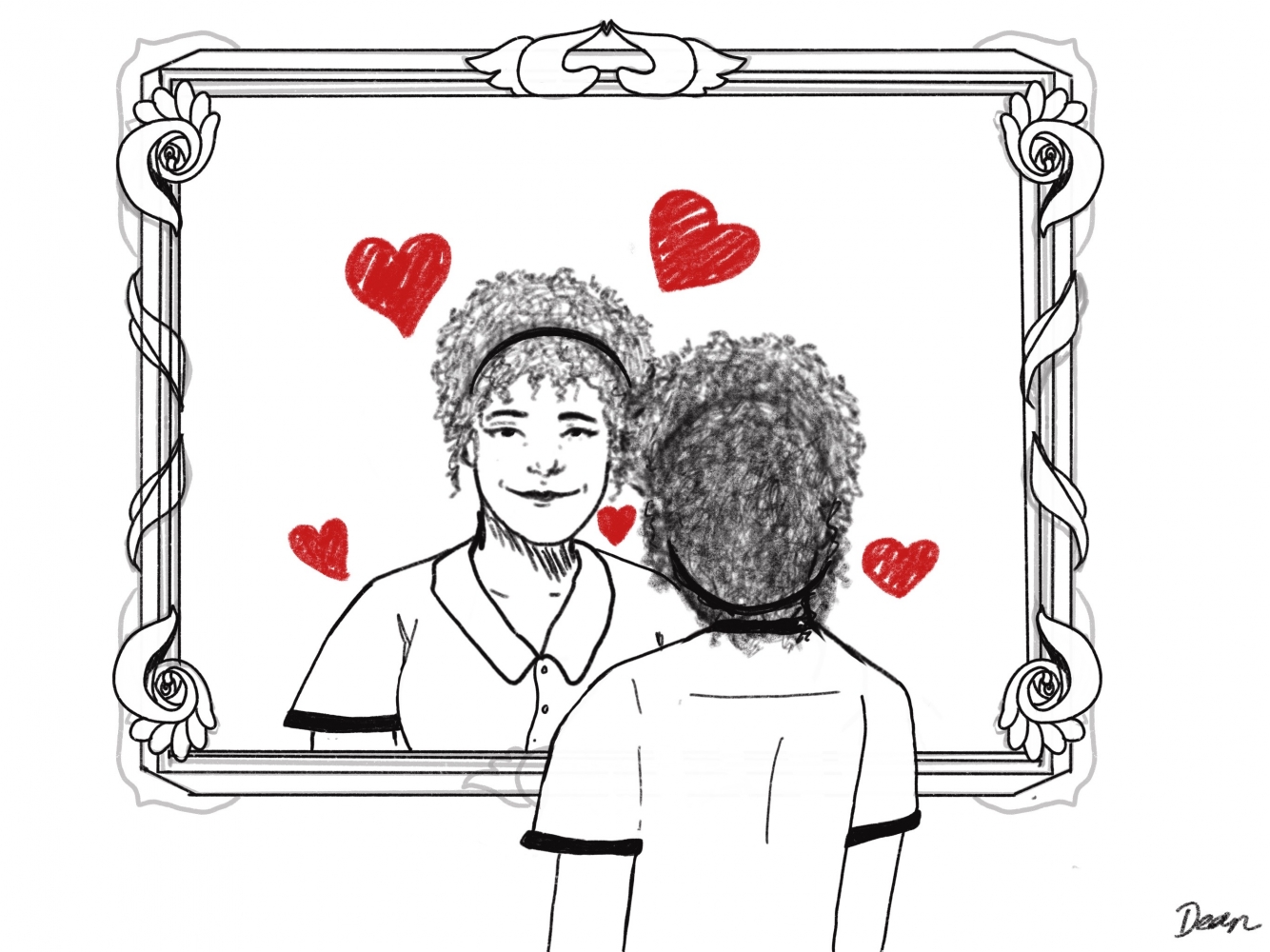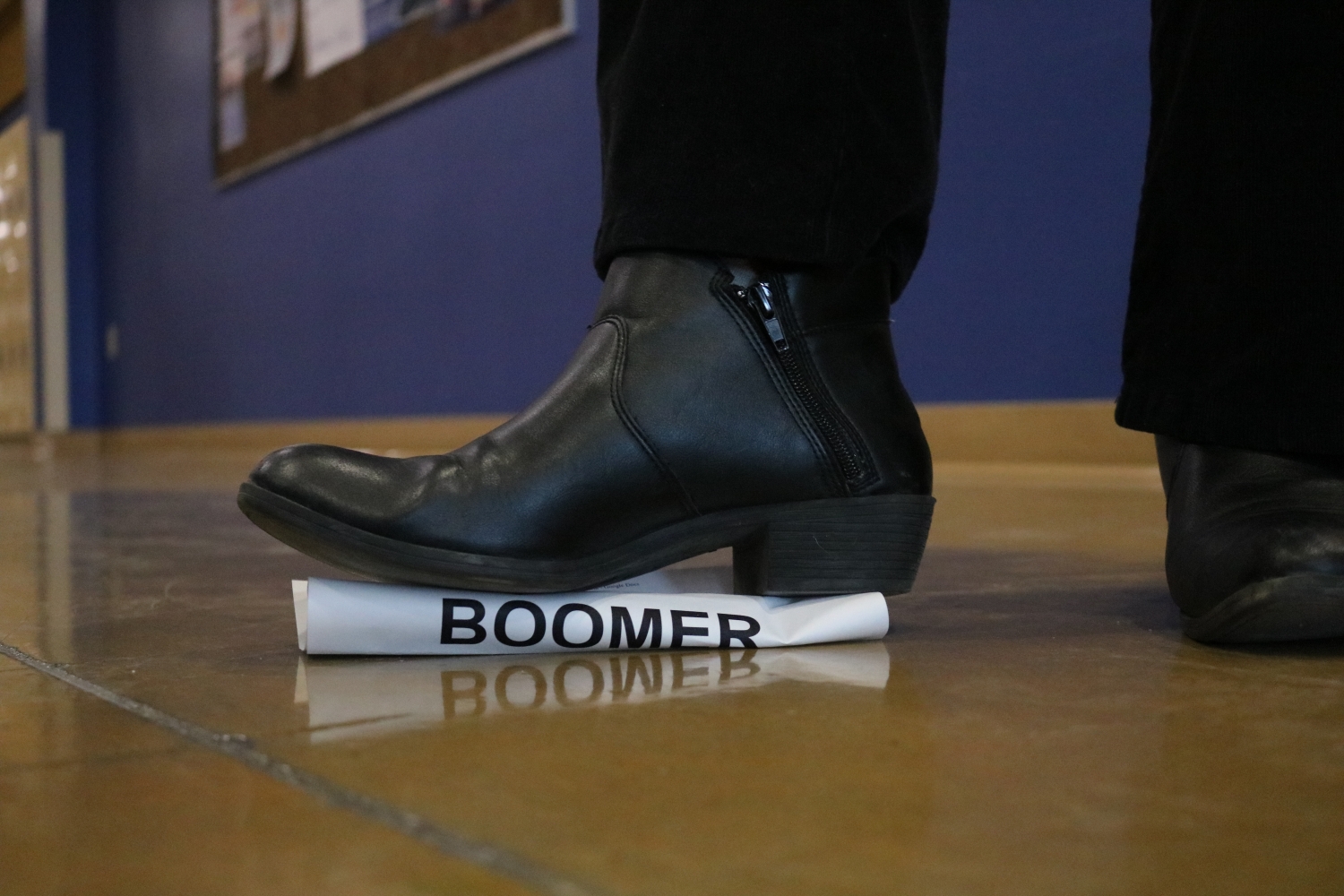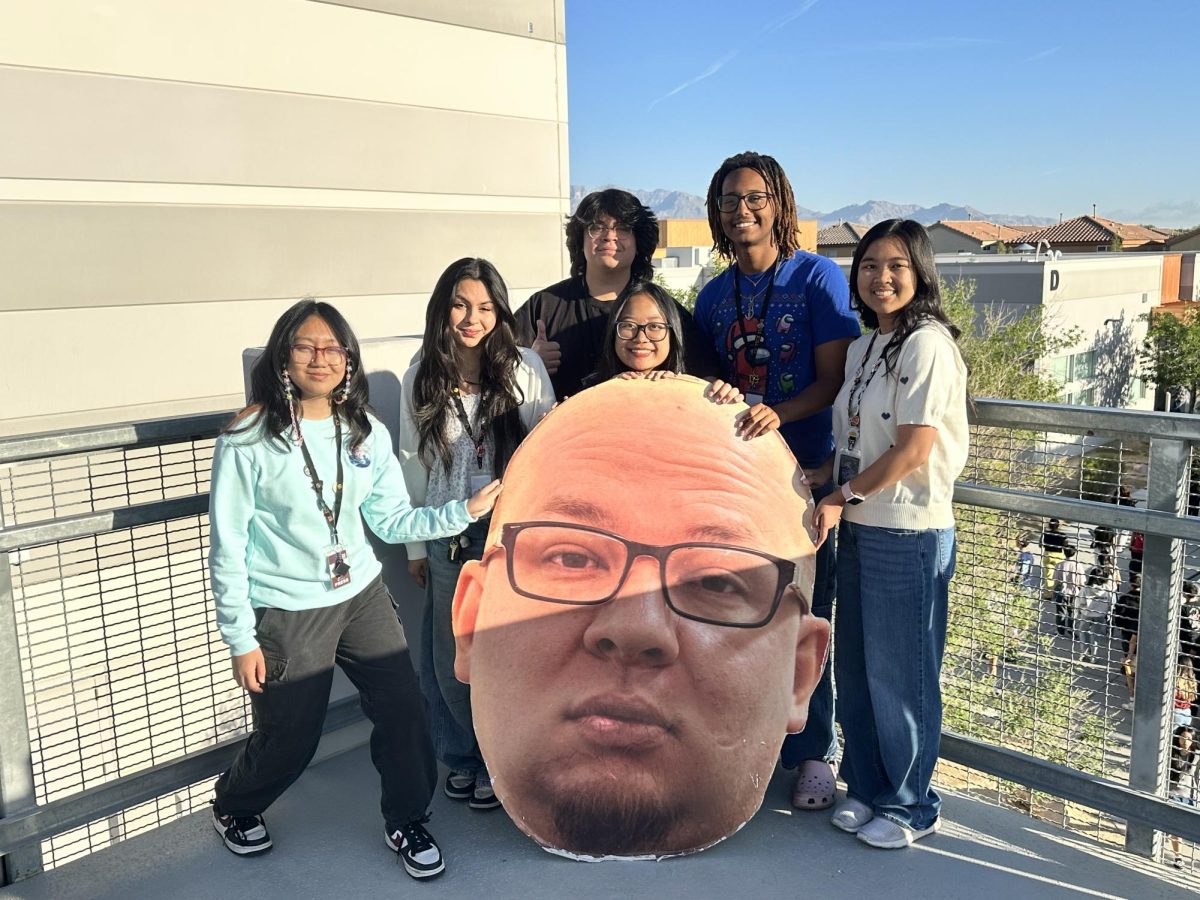To read Ahmed’s opposing view point, click here.
For years, America has used a system of letters and percentages to rate the intelligence of students. But the efficiency of the system is flawed and does not show the true mastery of concepts. We can blame teachers for the work they assign, school districts for what is included in the curriculum, but the true problem is that students aren’t motivated to learn topics they do not care about.
According to Plagiarism.org nearly 95 percent of high school students have admitted to cheating in some way during their academic career. Although those who oppose cheating claim that it is supported by a sense of entitlement in students, they fail to realize that education motivates students to score high, but not to actually retain information.
Additionally, The Carnegie Mellon University found that students were more likely to cheat if they felt like they couldn’t excel without doing so. Whether they lacked the ability to retain the information or felt like it wasn’t beneficial in the long run, in this new age of technology, students aren’t looking to fail these courses when it’s easier to cheat.
School districts have created a system that prioritizes being the best over challenging our understanding of certain topics. Education has became a competition and if students aren’t excelling in the same way as their peers, they are viewed as incompetent. But no one’s worth can be fairly ranked by several assignments and one major test, so how can we expect students not to find the easiest way to disrupt this system? After all, we aren’t out there robbing banks or stealing from babies, we are just utilizing our tools to pass through.
More than before, we have advanced technology and information available at our fingertips–we should have the right to take advantage of this opportunity. Not to say that cheating should be encouraged, but our ability to access information and use it for personal gain says a lot about our intelligence.
Teachers should evaluate their lessons based on the purpose of helping students retain information, rather than pass tests. Many instructors plan their lessons based on ACT or SAT testing, which puts the focus on scoring high rather than valuing the gift of knowledge. However, studies show that when teachers put less pressure on scoring high or testing in general, students feel less obligated to cheat. If teachers put a higher emphasis on activities and engaging students in lessons rather than giving the same textbook assignments they have used for years, students would have a better chance at actually understanding the material.
Instead of arguing that students are being lazy or are entitled, we should recognize that our education system just doesn’t prioritize education. Students expect to receive a decent education from our schooling system, but it isn’t always what is being served. Education should not be a competition of who can be the greatest, but rather an equal right for all to obtain. How we obtain this knowledge is just a way to exercise the tools available to us.



















